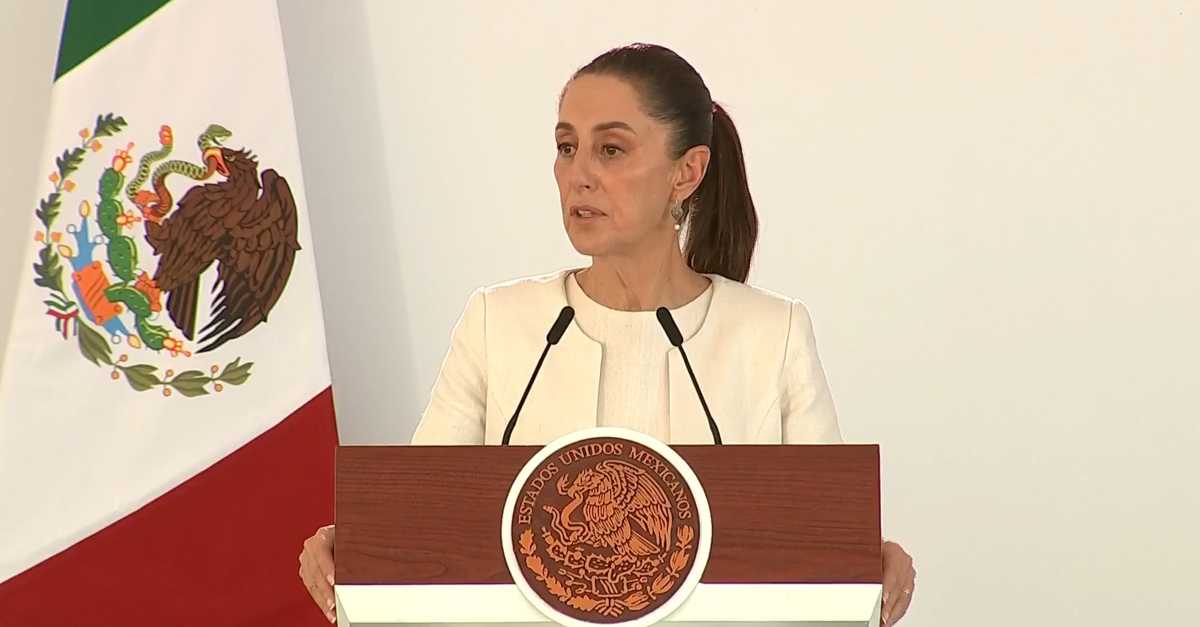Sheinbaum Advances Equality Agenda, Tackles Housing Deficit in Baja California Sur
President Sheinbaum celebrates constitutional reform for women's equality, launches housing program in Baja California Sur, meets Malala Yousafzai, and addresses Sinaloa violence.

In a decisive step forward for gender equality and social progress, President Claudia Sheinbaum’s administration has launched a series of initiatives aimed at tackling issues from gender equity to housing, while also addressing national security concerns. Meeting in Baja California Sur for the People’s Morning Press Conference, Sheinbaum’s government highlighted new reforms to the Mexican constitution that enshrine substantive equality for women, introduced an ambitious housing program, and addressed escalating violence in Sinaloa. Here’s a closer look at these landmark announcements and their potential impact.
President Sheinbaum opened with a message celebrating the Senate’s endorsement of reforms to the Political Constitution of Mexico. This reform, ratified on October 24, aims to secure a constitutional right to substantive equality for women across Mexico. By addressing amendments to Articles 4, 21, 41, 73, 116, and 123, this reform aspires to provide a firmer legal foundation for equality, emphasizing the right to live free from violence and the recognition of diverse family structures.




